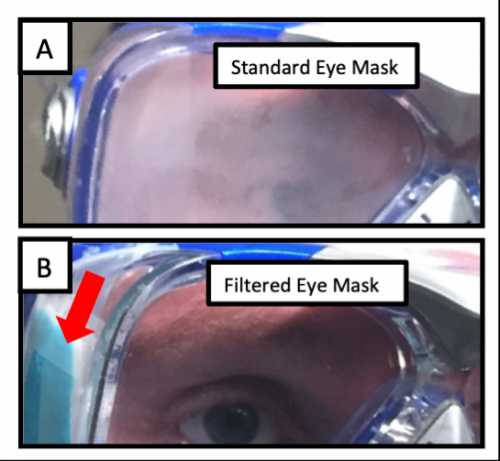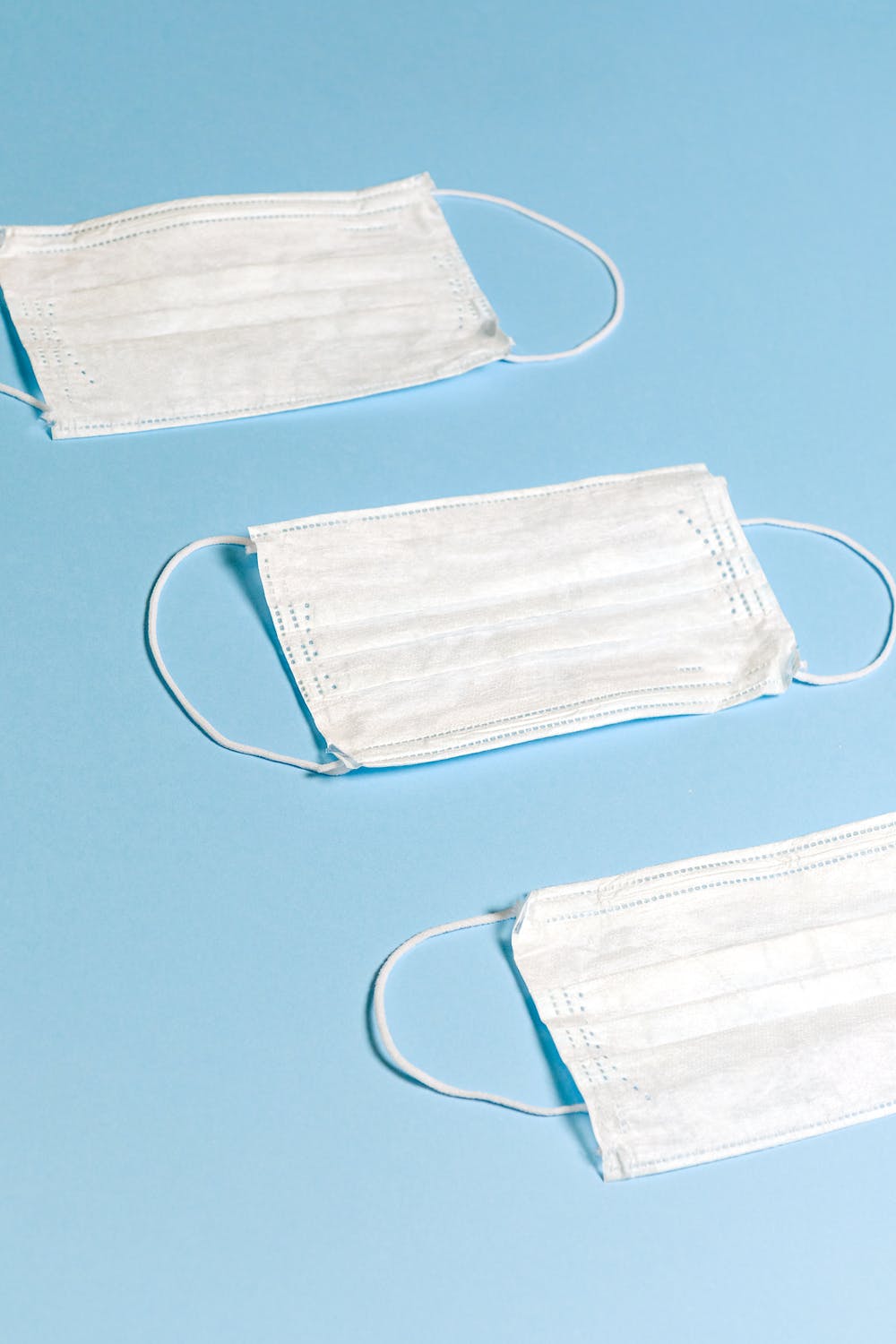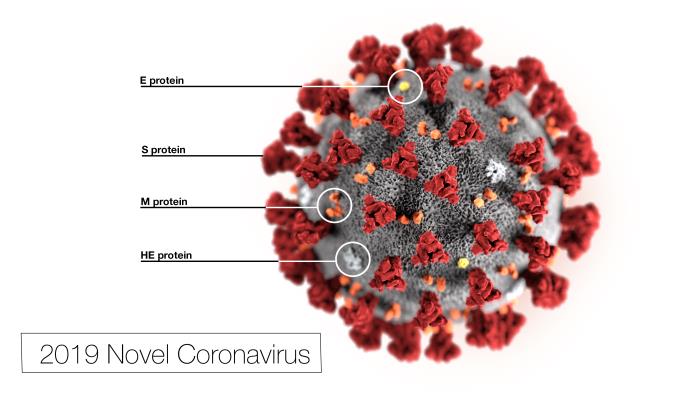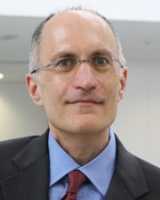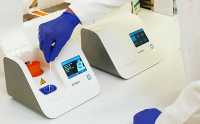MedicalResearch.com Interview with:
Professor Carl Coleman, JD
Professor of Law
Seton Hall Law School
MedicalResearch.com: Do health care workers have an ethical and/or legal obligation to provide treatment during an infectious disease outbreak? Are there exceptions such as pregnancy, if the health care worker is her/himself immunocompromised or have young children at home?
Response: As a legal matter, health care workers can generally be required to fulfill pre-existing employment or contractual obligations during an infectious disease outbreak. For example, an emergency room nurse who refuses to come to work during a pandemic can be disciplined or fired; a physician who breaches a contractual obligation to provide on-call services during an outbreak can be held liable for damages. In addition to loss of employment and contractual damages, other potential consequences for failing to honor pre-existing commitments during a pandemic could include professional discipline for patient abandonment and, for physicians with on-call responsibilities in hospital emergency departments, civil fines under the federal Emergency Medical Treatment and Active Labor Act.
This does not mean that health care workers are obligated to show up for work during a pandemic regardless of the circumstances. For example, under the Americans with Disabilities Act, health care workers who are immunocompromised can ask for a "reasonable accommodation," such as the right to work remotely (if possible) or to take leave. Under the Family and Medical Leave Act, employers with more than 50 employees must give workers up to 12 weeks of unpaid time off to care for a seriously ill immediate family member. In addition, federal labor laws allow employees to refuse to work under "abnormally dangerous conditions," which might apply in situations where an employer fails to provide necessary protective equipment. However, assuming protective equipment is available, it is not clear that an outbreak itself would be considered "abnormally dangerous," particularly in fields like emergency medicine, where exposure to contagious disease is always a foreseeable risk.
In most states, health care workers without pre-existing employment or contractual obligations cannot be compelled to treat patients during a pandemic. However, a few states have laws that authorize public health authorities to require health care professionals to work during public health emergencies. I am not aware of any state that has invoked this authority so far.
As for ethical obligations, in 2004, the American Medical Association (AMA) declared that "individual physicians have an obligation to provide urgent medical care during disasters," and that "this ethical obligation holds even in the face of greater than usual risks to their own safety, health or life." Some academic ethicists have expressed similar views. Common justifications for this position are that physicians "assumed the risk" of exposure to infectious diseases when they voluntarily committed themselves to the healing professions; that a "social contract" requires physicians to assume risks in exchange for their social status and privileges; and that individuals who are uniquely capable of providing life-saving care have an obligation to do so.
However, I am not persuaded that all physicians -- let alone health care workers more generally -- have an ethical obligation to provide treatment when doing so involves significant risk. A willingness to accept risk is not a condition of obtaining a medical license, nor is it part of the oaths that students commonly take at medical school graduation. While I agree that physicians have ethical obligations to contribute to society, there are many ways they can fulfill these obligations without assuming personal health risks. And even assuming that individuals who are in a unique position to provide life-saving care should normally do so, we generally do not expect people to rescue others from danger at significant risk to themselves.
(more…)
 Peter Jüni, MD, FESC
Director, Applied Health Research Centre
Li Ka Shing Knowledge Institute of St Michael's Hospital
Department of Medicine
University of Toronto, Ontario
MedicalResearch.com: What is the background for this study?
Response: It is unclear whether seasonal changes, school closures or other public health interventions will result in a slowdown of the current coronavirus disease 2019 (COVID-19) pandemic. We studied 144 geopolitical areas around the world with more than 375,000 COVID-19 cases by March 27 to determine whether epidemic growth is globally associated with climate or public health interventions intended to reduce transmission of severe acute respiratory syndrome coronavirus 2 (SARS-CoV-2).
(more…)
Peter Jüni, MD, FESC
Director, Applied Health Research Centre
Li Ka Shing Knowledge Institute of St Michael's Hospital
Department of Medicine
University of Toronto, Ontario
MedicalResearch.com: What is the background for this study?
Response: It is unclear whether seasonal changes, school closures or other public health interventions will result in a slowdown of the current coronavirus disease 2019 (COVID-19) pandemic. We studied 144 geopolitical areas around the world with more than 375,000 COVID-19 cases by March 27 to determine whether epidemic growth is globally associated with climate or public health interventions intended to reduce transmission of severe acute respiratory syndrome coronavirus 2 (SARS-CoV-2).
(more…) Peter Jüni, MD, FESC
Director, Applied Health Research Centre
Li Ka Shing Knowledge Institute of St Michael's Hospital
Department of Medicine
University of Toronto, Ontario
MedicalResearch.com: What is the background for this study?
Response: It is unclear whether seasonal changes, school closures or other public health interventions will result in a slowdown of the current coronavirus disease 2019 (COVID-19) pandemic. We studied 144 geopolitical areas around the world with more than 375,000 COVID-19 cases by March 27 to determine whether epidemic growth is globally associated with climate or public health interventions intended to reduce transmission of severe acute respiratory syndrome coronavirus 2 (SARS-CoV-2).
(more…)
Peter Jüni, MD, FESC
Director, Applied Health Research Centre
Li Ka Shing Knowledge Institute of St Michael's Hospital
Department of Medicine
University of Toronto, Ontario
MedicalResearch.com: What is the background for this study?
Response: It is unclear whether seasonal changes, school closures or other public health interventions will result in a slowdown of the current coronavirus disease 2019 (COVID-19) pandemic. We studied 144 geopolitical areas around the world with more than 375,000 COVID-19 cases by March 27 to determine whether epidemic growth is globally associated with climate or public health interventions intended to reduce transmission of severe acute respiratory syndrome coronavirus 2 (SARS-CoV-2).
(more…)



